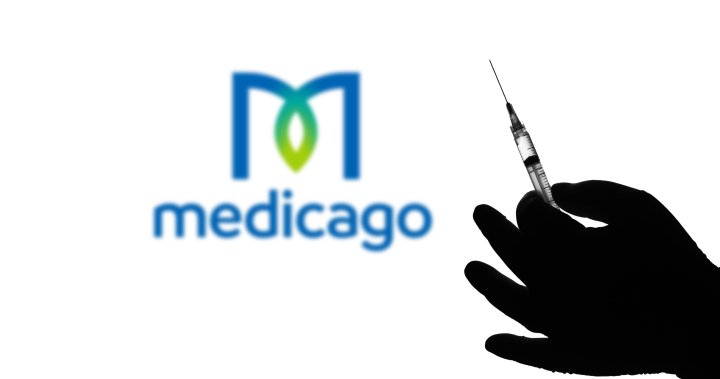The government of Canada is set to recover about $40 million and research conducted by Medicago into both the COVID-19 vaccine and other pandemic preparedness tools, following the company ceasing operations 10 months ago.
Innovation, Science and Economic Development Minister François-Philippe announced on Friday that Ottawa had reached an agreement with Mitsubishi Chemical Group Corporation (MCG) — Medicago’s parent company — to see a $40-million payment returned to the government, which was owed to the Crown in relation to the construction of the company’s biomanufacturing facility.
The agreement will also see key research and development assets, intellectual property and equipment transferred to Aramis Biotechnologies, a new Canadian company based in Quebec that was formed by former employees of Medicago the same month the latter ceased its operations.
“Our government has always been clear that the technology developed by Medicago is important to our life sciences sector and that we would work with our partners to keep expertise and workers in Quebec,” Champagne said in a statement.
Champagne’s ministry notes in a release that when Medicago ceased operations earlier this year, the government’s goals were to maintain the company’s intellectual property and research assets; ensure a Canadian company retails the technology platform, talent and expertise; and find third-party investors to maintain and expand the company’s platform capabilities in Canada. It writes that the intention is to enhance domestic pandemic preparedness capabilities.
In February, Medicago announced it would shut down its COVID-19 vaccine project after its sole shareholder decided to no longer invest in the company. And with MCG deciding to “proceed with an orderly wind-up of its business operations in Canada and the United States,” Medicago said the group would cease all of the company’s operations.

Medicago made headlines last year when its Covifenz shot was the first Canadian-developed COVID-19 vaccine was approved for use by Health Canada. It was the world’s first-ever plant-based jab authorized for human use, and first Canadian vaccine of any kind to be approved in more than 20 years.
But a month after its approval, the World Health Organization rejected the vaccine because of the company’s ties to tobacco giant Philip Morris, which owned a one-third stake in Medicago. Those ties were cut in December 2022.
MCG said once the vaccine was licensed in Canada, it began preparations for a transition to “commercial production,” but 10 months ago said it was terminating its operations due to the current global demand for the COVID-19 vaccine. It added “economic context” for the vaccine and Medicago’s challenges in transferring to commercial production as its reasoning.
In 2020, Medicago received $173 million from the federal government for facility construction, and research and development of the vaccine. When the announcement about ceasing operations was made, Champagne’s spokesperson Laurie Bouchard said in a statement to Global News that Ottawa was disappointed in the decision by MCG, a sentiment echoed by then-health minister Jean-Yves Duclos.
With Friday’s announcement, Duclos, now minister of public services and procurement, said this decision was “great news.”
“This demonstrates our commitment to continuing to grow the Canadian life sciences sector to improve health care for Canadians and Quebecers, increase our resilience to face future health emergencies, and create good jobs for the middle class, including here in Quebec City,” Duclos said in a statement.
— with files from Global News’ Sean Boynton
© 2023 Global News, a division of Corus Entertainment Inc.




